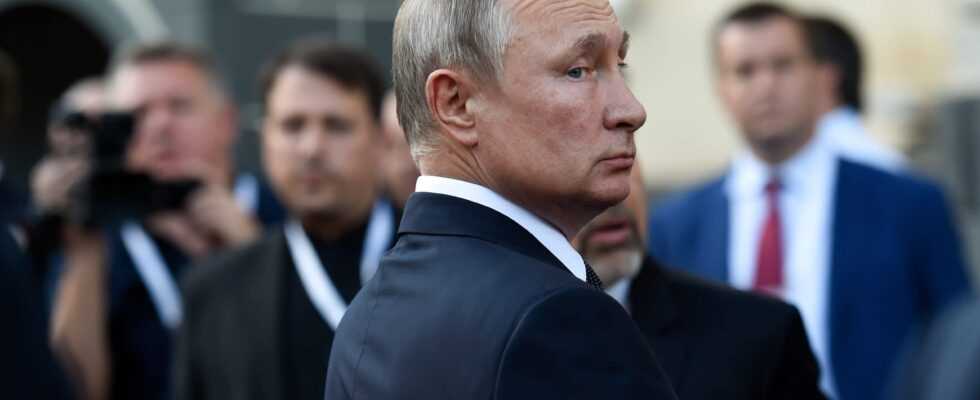Russia’s President Vladimir only wants to accept rubles for Russian natural gas in the future. With this instruction, he caused a great deal of confusion on the markets, but also among consumers and European energy companies.
According to the Kremlin, all countries classified as “unfriendly states” are affected by the order. These include those countries that have imposed sanctions on Russian companies and individuals.
So far, according to the Swiss investment house Vontobel around 60 percent of gas deliveries from Russia are processed in euros and the remaining 40 percent in US dollars.
The Kremlin’s move can certainly be seen as an attempt to prop up the country’s currency, which has been tumbling for weeks. If future gas deliveries were to be made in rubles, demand would increase and the ruble would appreciate again. The Russian government apparently hopes that this will regain the population’s confidence in the country’s own currency.
Bitcoin as a means of payment
A little later, a second report circulated that allied states were also allowed to make payments in Bitcoin to Russia. The bitcoin price then reacted by rising above $44,000. Pavel Zavalny, Chairman of the Committee on Energy of the State Duma of the Russian Federation, explained:
We have long been proposing that China settle rubles and yuan in local currencies. With Turkey, it will be lira and ruble. The currencies can be different, this is a common practice. You can also trade Bitcoins
Pavel Zavalny, source: BBC
Zawalny expressly supports the special treatment of allied states. He rhetorically asks why Russia should do business in euros if they can’t even buy or store that currency.
So could Bitcoin actually be used in the future as a settlement method for gas and oil deliveries between Russia and friendly countries? It is possible, but it is questionable whether the liquidity in the market would be high enough for transactions of this magnitude. However, should individual states decide to do so, this would undoubtedly drive the course upwards.
In addition, it is questionable whether Russia’s largest trading partner China would engage in deals denominated in Bitcoin. After all, China launched huge measures against cryptocurrency last year. The Chinese central bank had declared all transactions in connection with Bitcoin and Co. illegal and issued a nationwide Bitcoin mining ban.
Is a crypto ban imminent?
However, increasing adoption of Bitcoin as a payment method by Russia and its partners would reinforce the image of Bitcoin as a “rogue currency”. In this case, one could expect more anti-Bitcoin campaigns in the western states. Critics see their assumptions confirmed that the key cryptocurrency is something bad and should best be banned. The consequences for the young global crypto industry would be devastating.
So it is to be hoped that the image of “evil Bitcoin”, which is only used by Russia to circumvent sanctions, does not become entrenched in politics and the media. On the other hand, Bitcoin proponents can cite the numerous positive examples proving Bitcoin’s positive influence in Ukraine to argue the opposite – BTC-ECHO reported.
You want to buy Cardano (ADA)?
We show you the best providers where you can buy and sell Cardano in a few minutes.
To the guide
